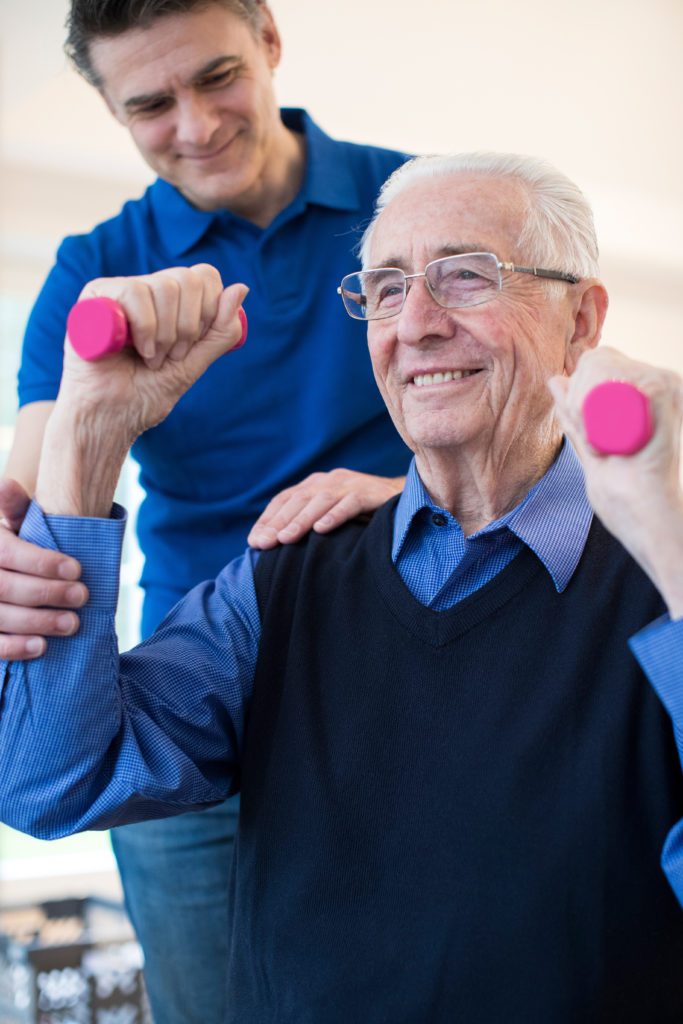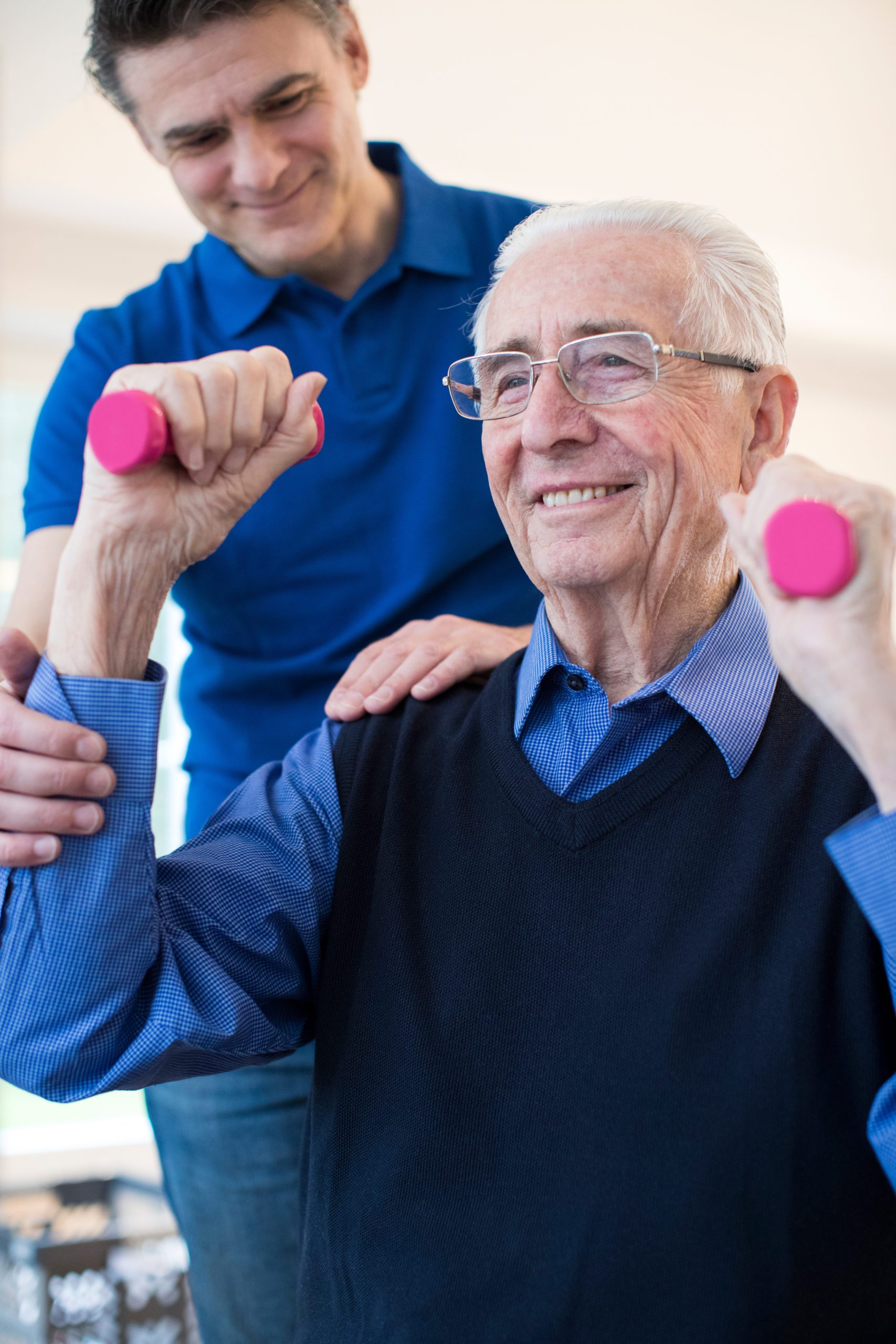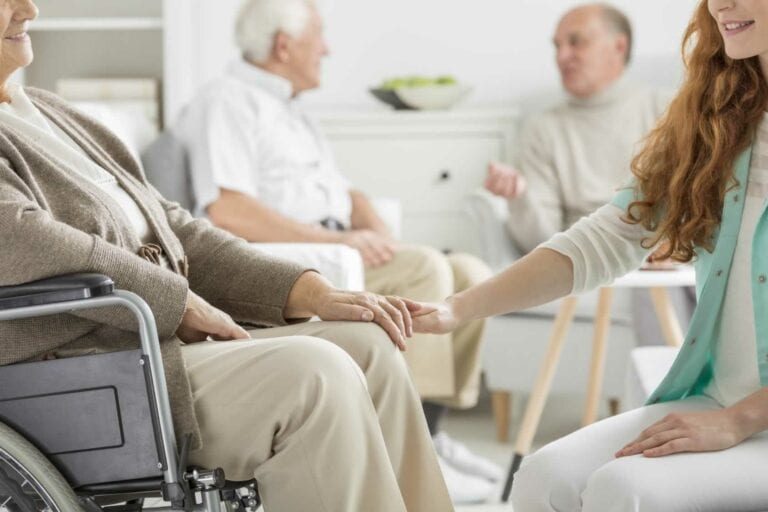
5 Caregiver Tips
“Recovery from a stroke can be a huge challenge in itself. The road to recovery is a long and tedious one that requires constant care and continued motivation.”
After a loved one has a stroke, many people today choose to play the role of their caregiver rather than hire someone else to do it. While many family caregivers discover the experience pleasant and appreciate being able to help, there is still a major challenge that comes with many additional duties.
When your life is primarily focused around caring for the next person, it can be strange to think to take care of yourself. However, there is no need for caregivers to feel obliged to do everything on their own. There are a variety of services for caregivers and places they could go to ask for help. These tips will help caregivers to be more ready for the way ahead while still thinking about their own quality of life.
CAREGIVER TIPS FOR STROKE VICTIMS
- Talk to their health care team
During the first few weeks, you’ll be overwhelmed with new knowledge about your loved one’s situation. Use this training to understand all you can about their particular disease and the level of care they could need. Your health care team should be glad to talk you may have and allow you to play an active role in the healing process.
Keep records of your loved one’s medical appointments so that you can support them and provide a list of questions. Talk to your loved one ahead of time to see whether they have any queries that might be too afraid or too delicate to ask. If your hospital offers any support groups, attend and learn from other stroke survivors and caregivers.
- Strengthen muscles
Follow the advice of your adored one’s physiotherapist on easy stretches to help relax muscle groups in arms and legs. Ask the physiotherapist how to move the limbs securely. Gradually increase the strength and mobility and set targets for waking up, sitting and ultimately standing. Also provide motivation for fine motor skills, such as putting hand in mouth to eat or brushing your teeth.
- Encourage to stand and walk
Most people are walking again after a stroke. Your loved one may only be prepared to walk initially for short periods of time. Holding on parallel bars, leaning against a counter or using a walking stick or cane may help people to stand longer and probably walk. Switching weight from one foot to another is a great training to prepare him or her for walking. Ask about specific treadmills or other materials that may help walking. A gradual increase in speed and distance may lead to further recovery.
- Monitor their actions and their mood.
A stroke is a tragic experience that comes with massive changes in life, so it’s no wonder that a survivor may be struggling with difficult emotional adjustments. While an emotional reaction to a stroke is normal, some emotional difficulties, such as depression, can inhibit healing. Nearly half of stroke survivors experience depression following their stroke. Depression can hinder the recovery of a stroke survivor both emotionally and physically. If your loved one shows symptoms of depression, talk to doctor quickly.
Emotionally supporting your loved one is an essential part of being a caregiver. Encourage them to share their emotions with you and be there to pay attention to them.
- Get access to your finances
A stroke can be expensive, even with insurance coverage or Medicaid. To find out exactly what the out-of-pocket cost will be for your loved one’s stroke, please contact your insurer. If you don’t have health insurance to pay for your loved one’s care, you can file a claim. Navigation of the health care system after a stroke can be complex.
Care itself could also be a financial burden. Your loved one is already out of work, so you’re losing one income source. If you have to skip a job to take care of your loved one, it can be an added burden. If you are unable to take sufficient time off to take good care of your loved one, probably seek professional health services.







